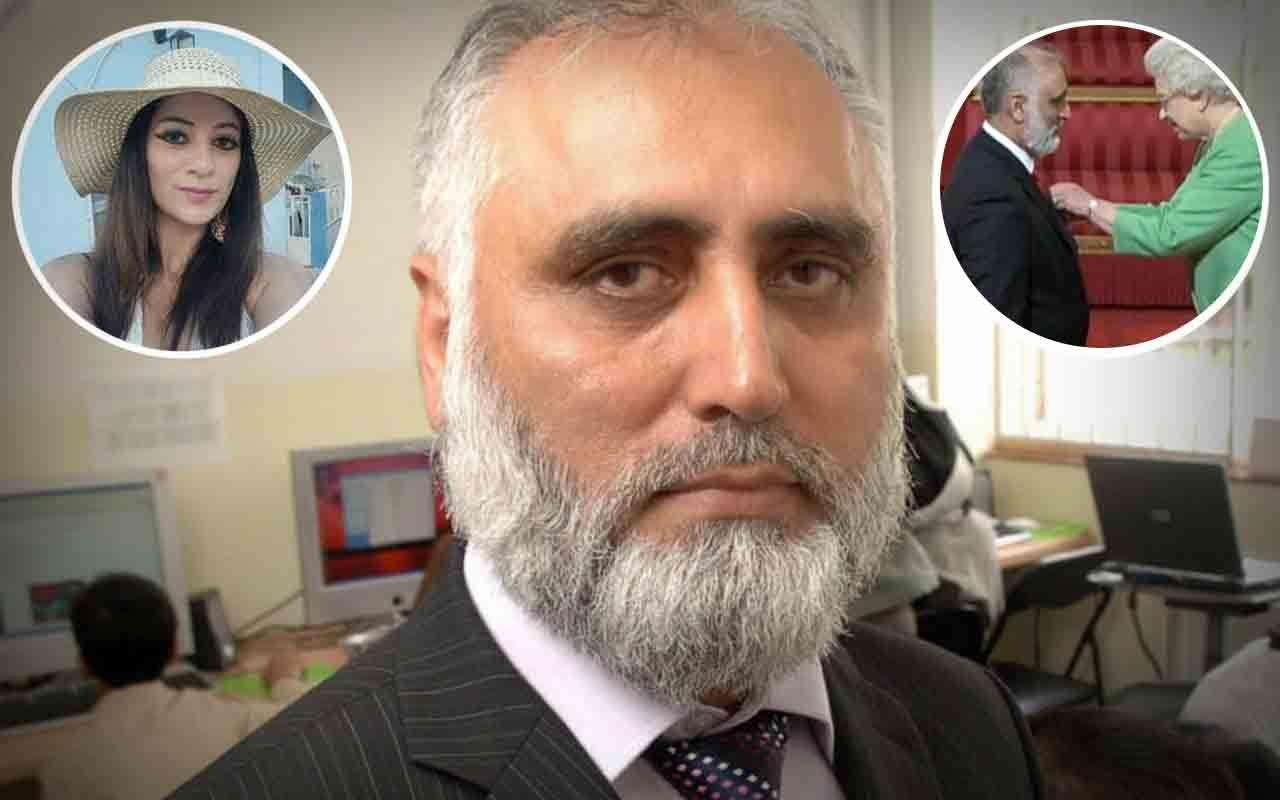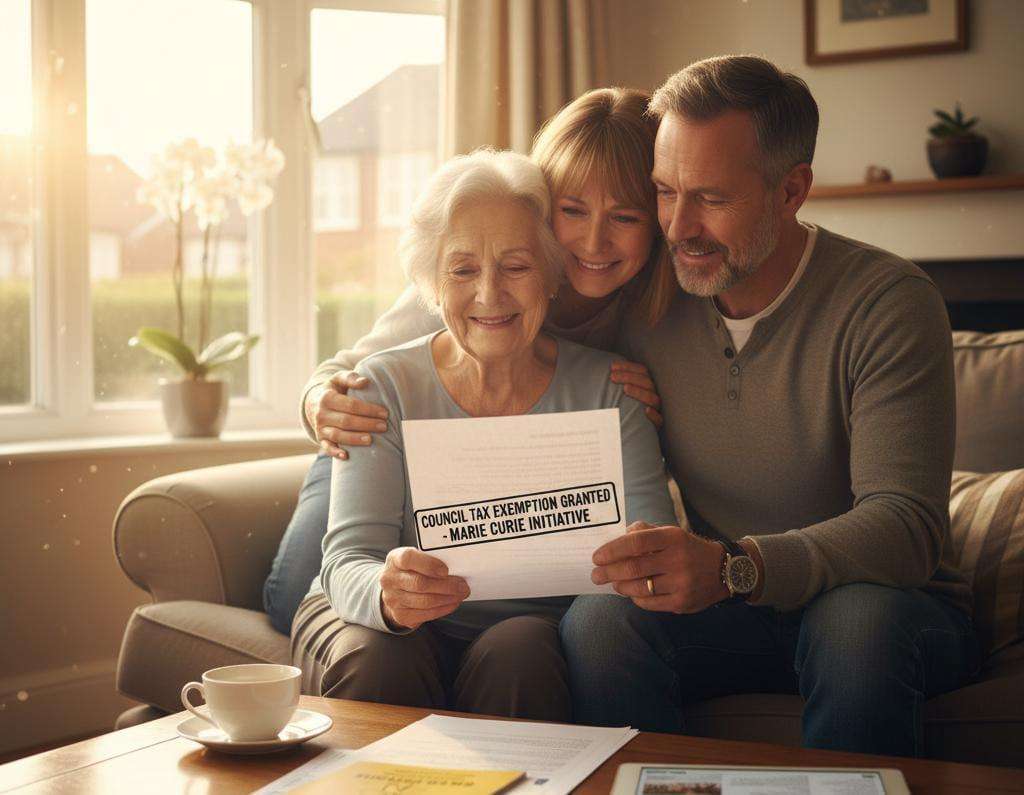A profound shift towards compassionate local governance is sweeping across England, offering a crucial financial lifeline to thousands of terminally ill residents. Following a relentless campaign by the end-of-life charity Marie Curie, an increasing number of local authorities are committing to scrap council tax charges for people with a terminal diagnosis, easing a crippling financial burden during their final months.
The move, spearheaded by pioneers like Manchester City Council and Barnsley Metropolitan Borough Council, who have already rolled out the 100 per cent reduction, acknowledges the severe financial strain that a terminal diagnosis imposes. For many, a reduction in income due to illness and a simultaneous spike in costs—such as heating and essential equipment—can quickly push households into poverty. Marie Curie estimates around 111,000 people die in poverty annually in the UK.
The Criteria: Defining ‘Terminally Ill’ for Council Tax Relief
Central to accessing this vital financial support is the official medical confirmation of a terminal illness. The accepted criteria for the new council tax exemptions often aligns with that used for fast-track access to certain state benefits. An individual is typically considered terminally ill if their death can reasonably be expected within 12 months.
This condition must be confirmed by a registered medical professional—such as a GP, consultant, or specialist nurse—who completes a medical report known as an SR1 form. The SR1 form is the key document that unlocks the discount, confirming the prognosis and allowing the local authority to apply the relief.
Eligibility and Personal Independence Payment (PIP) Recipients
While the discount itself is a council-specific, discretionary policy, many of those who are terminally ill are already in receipt of disability benefits. Crucially, a Personal Independence Payment (PIP) recipient is highly likely to be eligible for the council tax discount if they meet the 12-month life expectancy criteria and have a completed SR1 form.
In fact, the SR1 form is also the mechanism used to receive PIP under the special rules for end-of-life care, which offers faster processing and automatic entitlement to the enhanced daily living component. For an individual relying on benefits as their main source of income, as Marie Curie highlights, this council tax relief alongside enhanced benefits provides critical support. The story of Audrey Buckham from Houghton-le-Spring, who was forced into bankruptcy while caring for her terminally ill husband, Eddie, tragically illustrates the financial devastation this simple relief aims to prevent.
The Expanding Map of Compassion: Beyond the First 16
The movement is rapidly gaining traction beyond the initial 16 local authorities. While Manchester and Barnsley have implemented the policy, and Bristol, Salford, and Preston are set to follow soon, a further 11 councils have passed supportive motions and are actively exploring implementation.
These 11 councils—Newcastle, Wakefield, Wirral, Pendle, Newark and Sherwood, South Gloucestershire, Milton Keynes, Blackburn with Darwen, Liverpool, Burnley, and Sheffield—represent a significant commitment that could see thousands more households benefit. End-of-life care advocates are now urging these authorities to move swiftly from commitment to action. Furthermore, as the policy proves effective and morally sound, it is widely anticipated that dozens more councils across the country will soon be under pressure to announce their own plans, extending the potential for up to 430,000 people nationwide to be exempt from council tax.
Jamie Thunder, Senior Policy Manager at Marie Curie, applauded the leading councils for setting a "powerful precedent for compassionate local governance," underscoring the urgency for all councils to follow suit. The growing consensus is clear: no one should have to spend their final months preoccupied with mounting bills. The goal is to ensure that a council tax bill does not exacerbate the profound emotional and financial stress of a terminal illness.








.svg)

.jpg)
